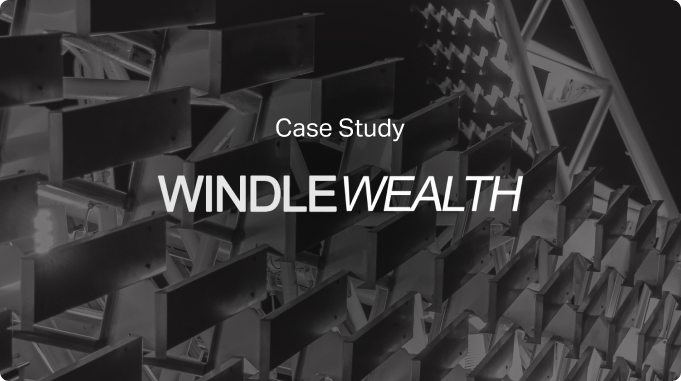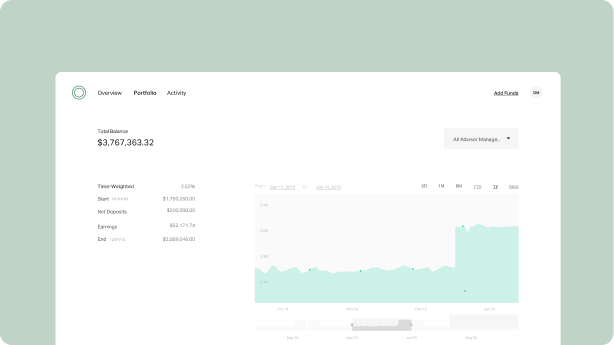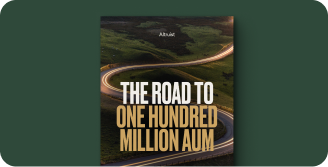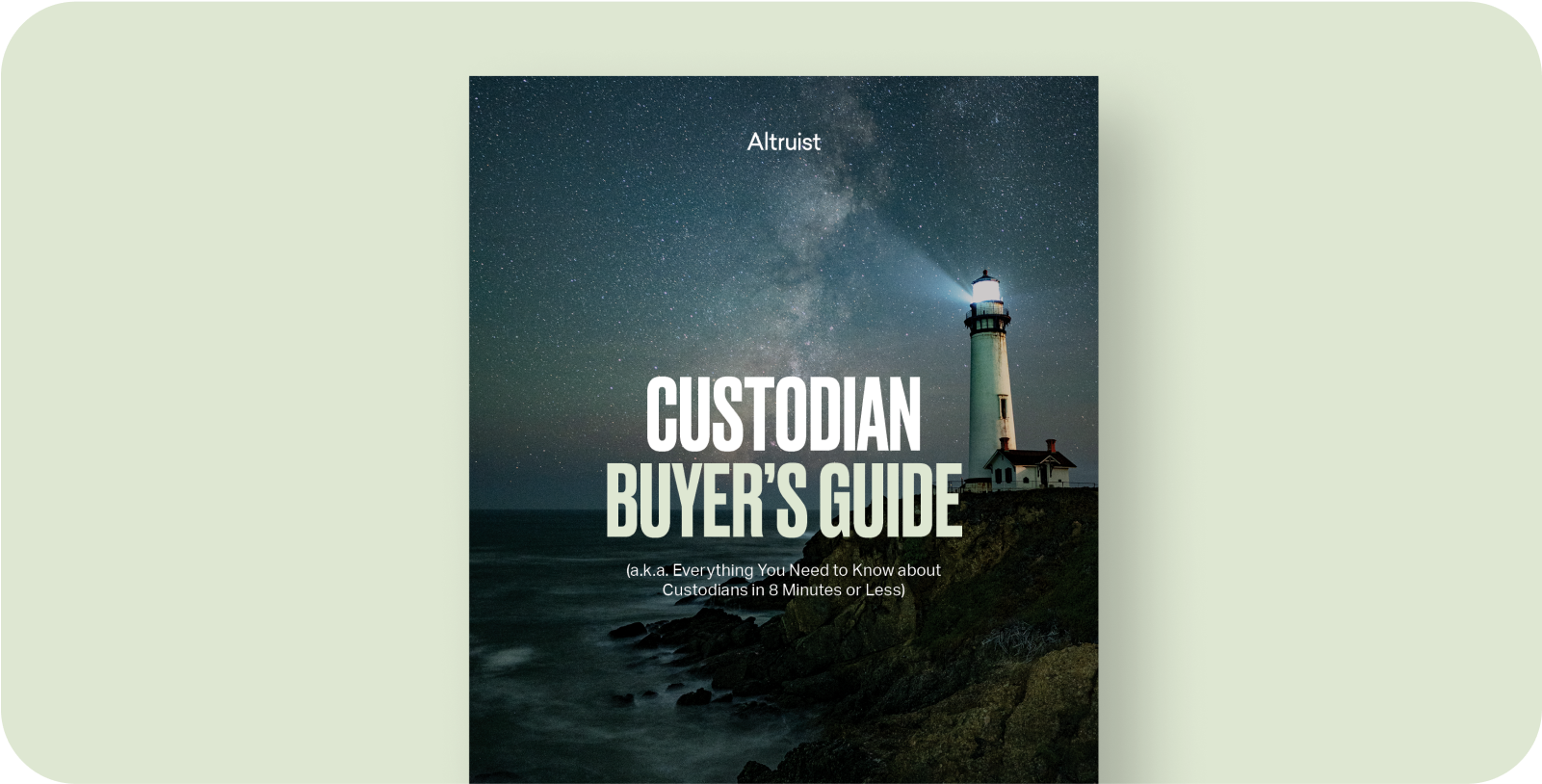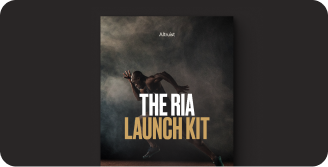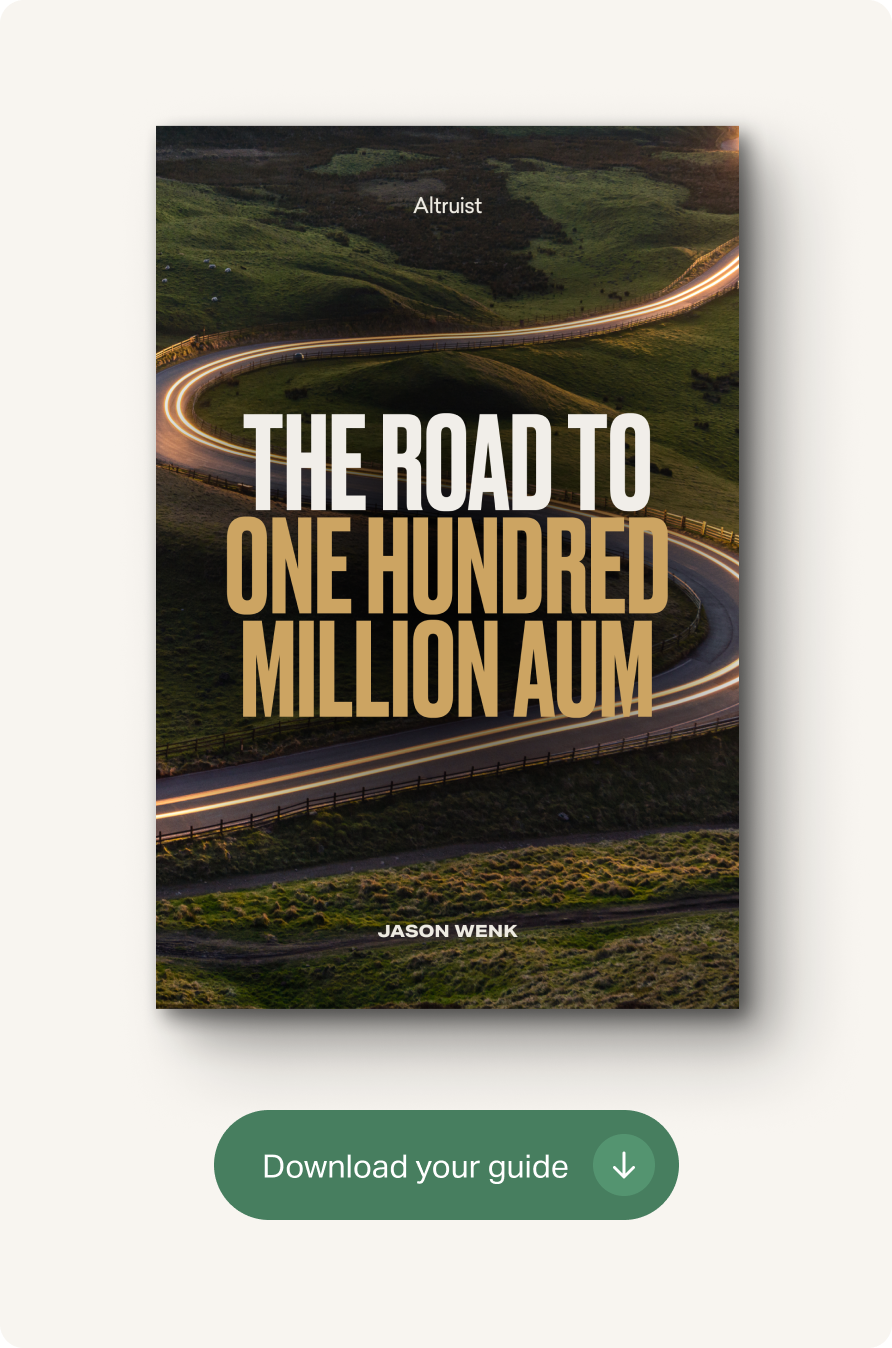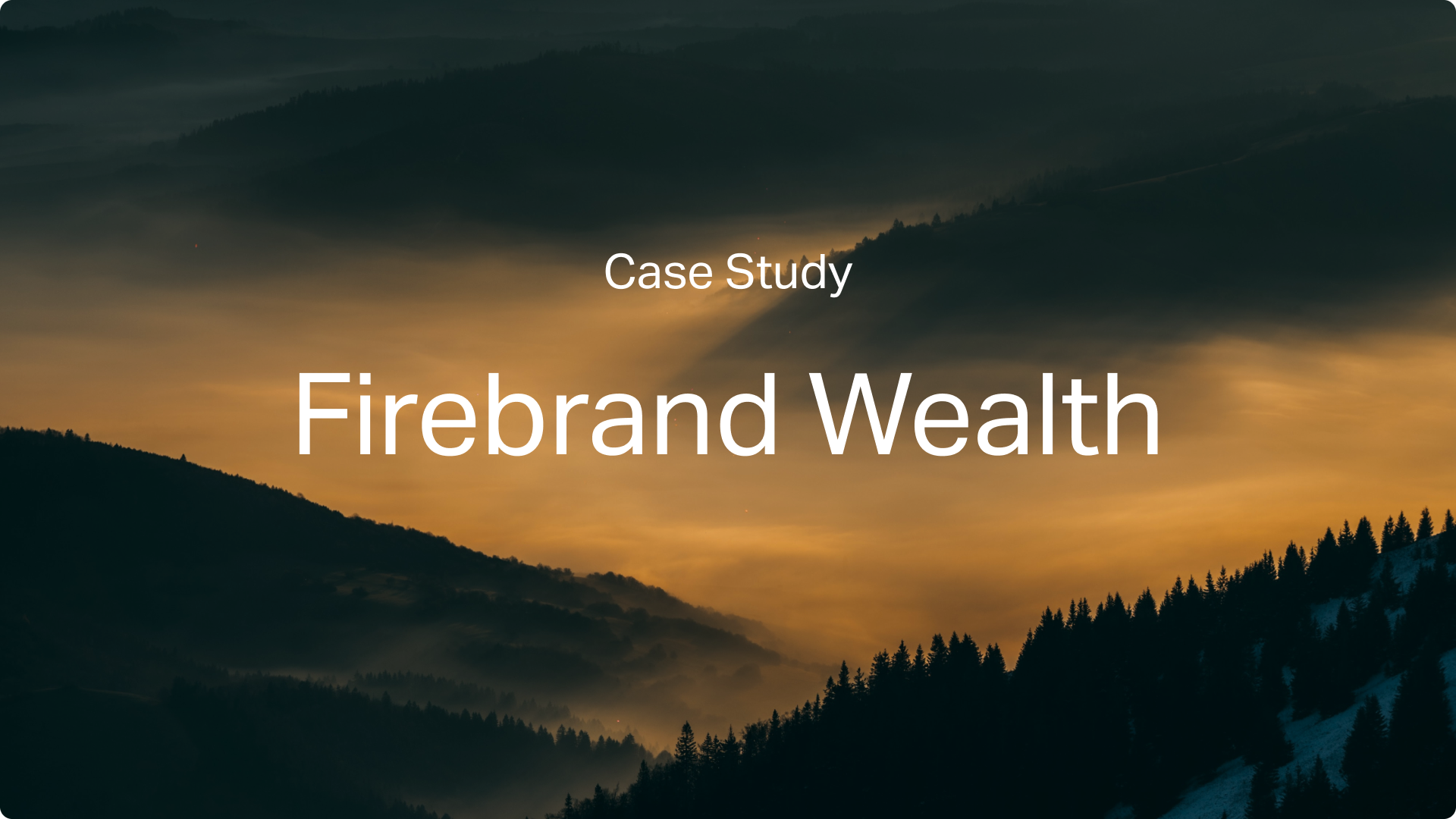“One of my top priorities is to bring down costs for the families I serve. That requires spending more time on high-value activities… Paperwork does not fall into this category.”
Ami Shah, CEO of Steward, boasts an enviable resume that includes stints at McKinsey, Facebook, and a Harvard MBA. Working at a UHNW advisory firm, she was frustrated by having to turn away first-generation high earners who were eager to work with a financial professional, but were below the firm’s target net worth. This policy left a whole segment of potential clients—doctors, lawyers, and other professionals with high earning potential and immense value to be gained from a fiduciary professional—without services.
To address this gap, Ami founded Steward to offer financial advisory services to first-generation high earners. She dedicated a year to building a robust waitlist of hundreds of people, crafting a 100% virtual delivery model to accommodate clients' busy family lives, and developing a highly tech-enabled process that centered around her unique selling proposition: a quantitative and integrated, client-first approach to investing, tax, and financial planning.
From Altruist and Schwab to all-in on Altruist
Ami's initial evaluation of custodians focused on stability, execution, services, and fees. She sought a partner that offered SIPC membership and additional insurance through Lloyd’s of London, efficient service, commoditized (yet essential) services like low-cost funds, and competitive fees.
These criteria narrowed her choices down to Fidelity, Schwab, and Altruist. Initially, she split her custody between Altruist and Schwab, but soon found herself gravitating solely towards Altruist.
“With Schwab, I felt like a barnacle on a giant ship”
The turning point for Ami came after conducting an in-house stopwatch survey to measure client onboarding time. This process, which included opening accounts, initiating transfers, setting up tailored asset allocations, rebalancing portfolios in a tax-sensitive manner, and establishing reporting and billing, took a staggering 12 hours with Schwab.
The process was fraught with difficulties, especially when there were breaks in the procedure, leading to uncertainty about contact points, increased client workload, and a poor first impression—all things that are critical to avoid in initial client interactions.
Conversely, the same process took merely 1 hour with Altruist – a 91% reduction on one of the most frequent and critical tasks for a fast-growing firm. If Ami onboards 50 families this year, she will have saved a collective 550 hours, approximately one whole working month. That time can now be allocated to significantly higher-value tasks.
“I onboarded a family the other night and you could hear the sigh of relief. The whole process is so much simpler.”
Ami continues to explore new ways to better serve her clients
She is particularly enthusiastic about Altruist’s upcoming tax management features. By automating critical areas, she can devote more time to deepening client relationships, delivering exceptional value, and accelerating through the families still on her waitlist. This strategic focus on efficiency and client experience continues to define Steward's success in a competitive market.

